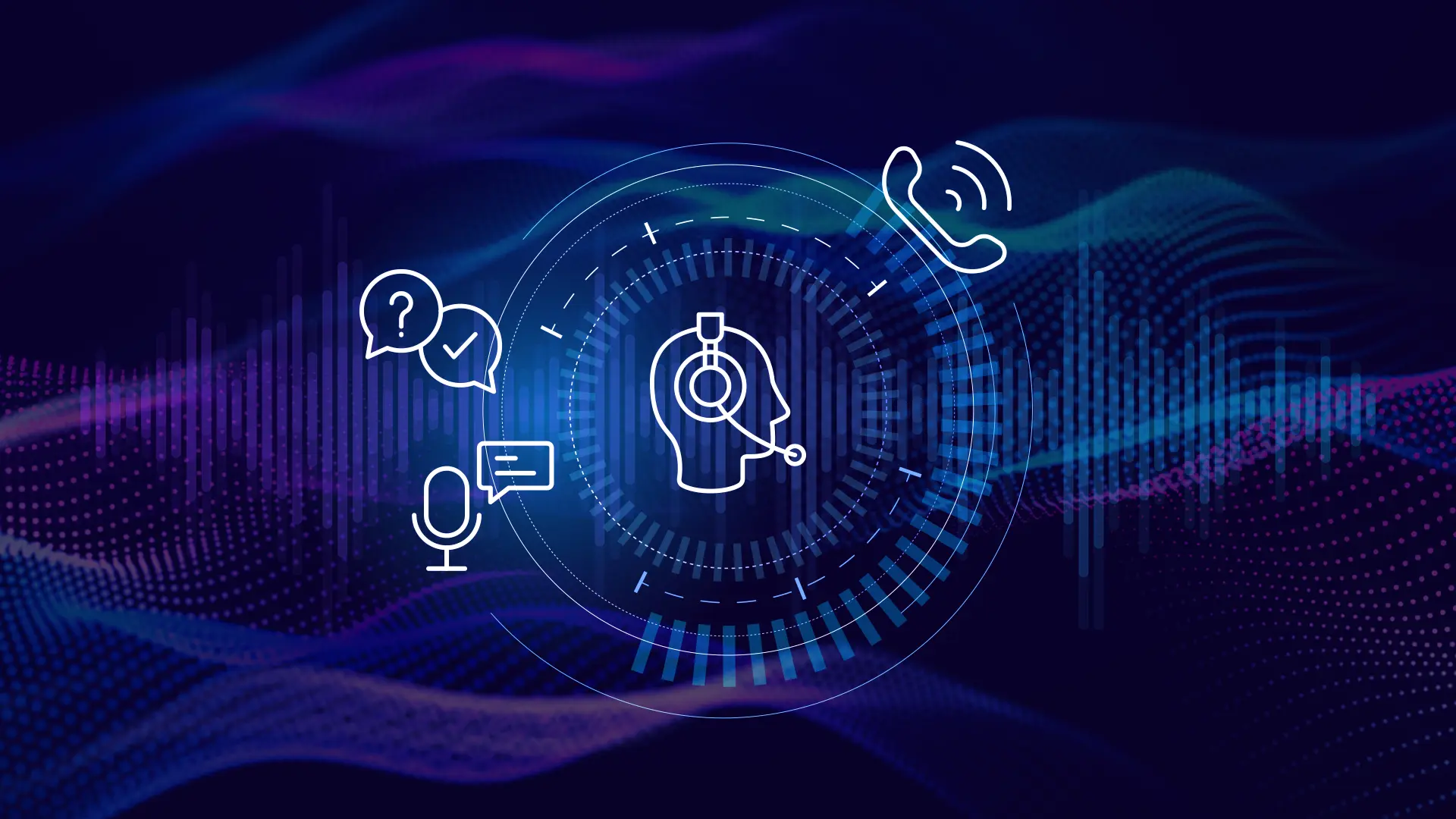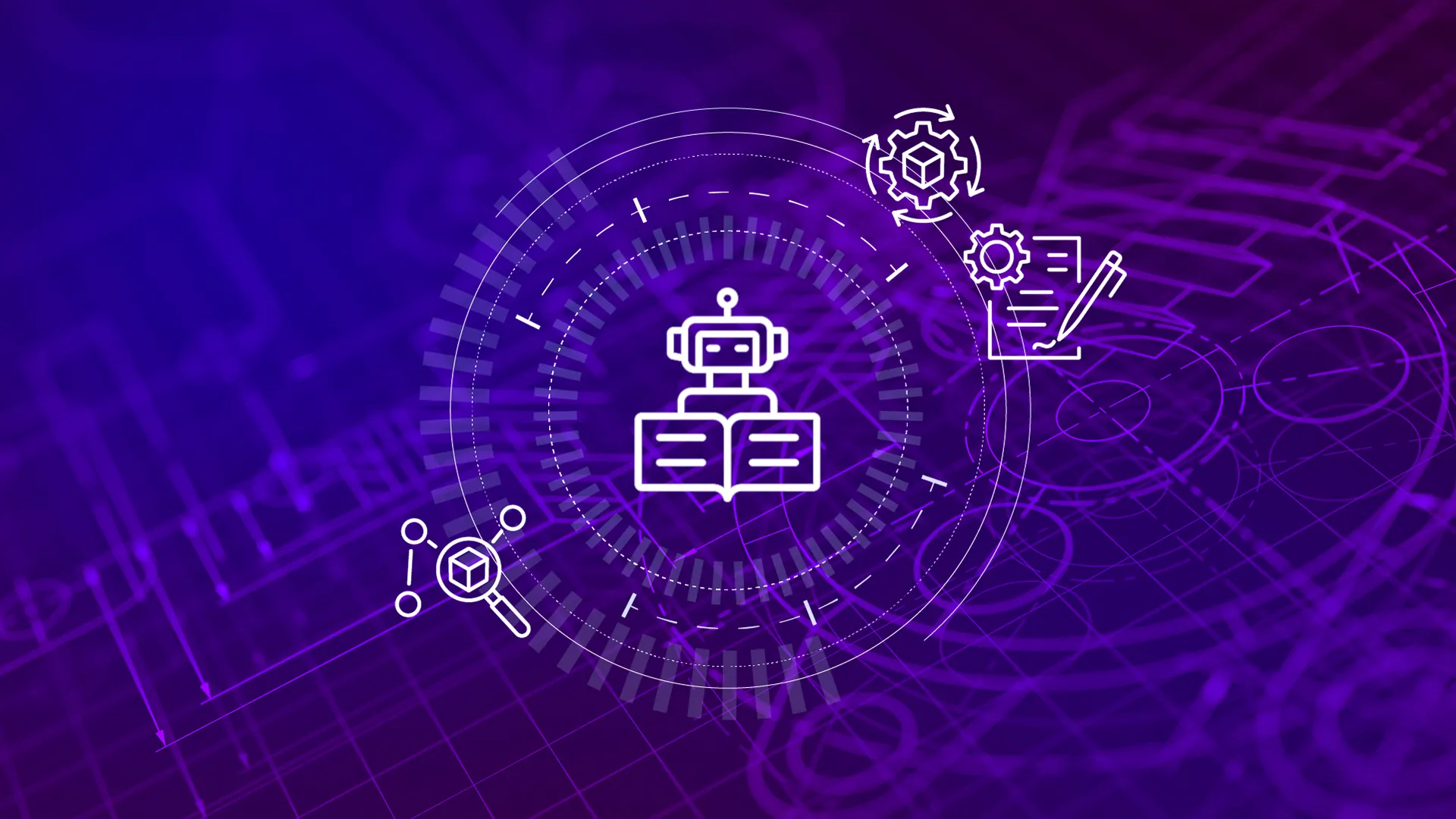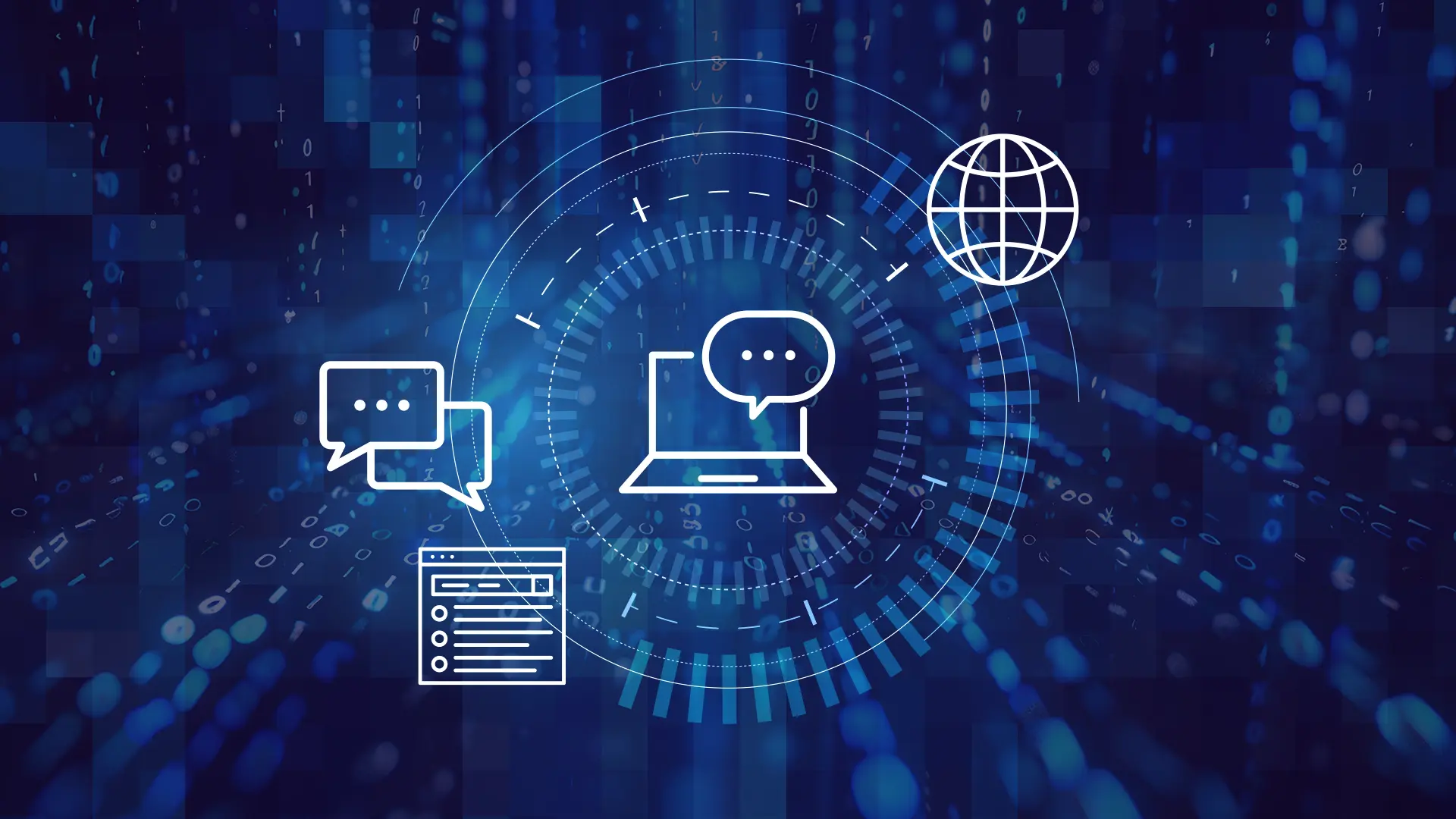Customer service teams face a vast number of inquiries that require quick and precise answers. Meeting changing customer expectations and efficiently using resources is becoming a necessity. AI-based knowledge bases are the solution, enhancing customer service, user experiences, and decision-making processes. Equip your brand with an AI-based knowledge base to give it a competitive advantage. With Knowledge Chat, it's easy.
Knowledge Bases are the Key to Customer Service
Knowledge bases resemble extensive online help centres, accessible anytime, anywhere. For companies dealing with customer service, they are mainly used to post answers to frequently asked questions. This way, customers find the answer without waiting for help. It is a win-win: customers receive information quickly, and support teams can spend more time on critical tasks. A good knowledge base should be:
- well organised;
- easy to search;
- user-friendly.
However, conventional ways of finding answers to queries no longer satisfy today's customers. Their expectations for fast and convenient solutions increase every day.
Knowledge Bases and AI Development
As technology has advanced, there has been a need to make knowledge bases even more helpful. Implementing artificial intelligence in customer service is a dynamically growing trend. An AI-powered knowledge base completely changes the nature of service, eliminating much of the manual work previously performed by customer service teams and technical writers. Today, AI can analyse and understand customer queries, provide precise answers generated from a company's knowledge base, and enable organisations to operate faster and better.
Chatbots and voice assistants have been used in this field for a long time, especially for repetitive and routine tasks. They have improved over time and can interpret user's entered data and then generate accurate, context-specific responses. As they interact with more users, they learn from each experience, allowing their performance to improve continually.
AI helps teams with customer service by:
- creating complete responses for customers;
- automatically adjusting the tone of the message to the desired style of expression;
- quickly translating messages into different languages;
- maintaining correct grammar and spelling;
- generating concise summaries of customer conversations or notifications.
AI in Customer Service: Key Statistics
- According to Statista, 73% of digital professionals indicate that AI and machine learning have the potential to impact customer experience at one of the fastest rates compared to other emerging technologies.
- Intercom's 2023 report further strengthens this thesis. According to the study, an overwhelming 73% of support leaders predict customers will expect AI services in the next five years. Moreover, 72% of these leaders recognise that AI provides a competitive advantage in customer service.
- According to the Zendesk Customer Experience Trends Report 2024, 75% of customer experience (CX) leaders see artificial intelligence (AI) as a force that augments human intelligence, not replaces it.
Traditional Knowledge Base vs AI Knowledge Base
A traditional knowledge base in the context of customer service means a centralised repository of information that contains answers to frequently asked questions, solutions to common problems, and detailed guidance on product or service-related topics. It is based on precisely matching keywords and product categorisation, i.e. organising and classifying them into categories based on specific features. However, the system may not return appropriate results if the user's query does not match the stored keywords or phrases.
An AI knowledge base in the context of customer service is an advanced, centralised repository of information that is structured not only for human understanding but also optimised for machine understanding. The primary source of information for AI-based customer service systems is detailed answers to frequently asked user questions. AI automatically updates content, draws conclusions and provides more contextually precise and personalised answers.
AI-based knowledge bases not only process customer questions but also optimise the functioning of company databases
The AI Knowledge Base is Designed to:
- understand users' context, sentiments and intentions, which allows them to obtain more flexible and intuitive search results;
- has the ability to continuously learn, analyse search patterns and refine answers;
- deliver personalised responses based on user behaviour, preferences and past interactions;
- provide the user with a natural, conversational form (asking additional questions and receiving feedback in real-time), thanks to interactive functions;
- highlight areas requiring new content and updates;
- identify patterns, preferences and areas for improvement;
- ensure scalability to ensure efficiency and effectiveness even as the user base or content volume increases;
- AI interacted with users in many ways – text, voice, and even visual cues.
Advances in AI technologies, such as voice recognition and image processing, make the knowledge base more accessible and modern
Knowledge Chat – a Reliable Tool Supporting Customer Service
Building a modern AI knowledge base for customer service is fundamentally about combining data collection into a knowledge base, machine learning, and integration with customer service platforms.
Knowledge Chat is a modern AI system offering an easily accessible extensive knowledge base in a user-friendly chat interface. Its users can ask questions directly via chat, receiving consistent and precise answers based on the content of the uploaded content. In addition to providing an answer, the system can indicate the source of the information, ensuring transparency of the database and facilitating further analysis.
Knowledge Chat significantly improves customer service activities because a knowledge base refers to structured information that is systematically organised and formatted. AI accesses the knowledge base and downloads data from the database in real-time.
The Knowledge Chat system organises all data and information as a whole and stores and manages them. Most importantly, it integrates perfectly with other management systems existing in a given company and all company resources. A knowledge base organised in this way can revolutionise customer service.
Key Features of Knowledge Chat
Knowledge Chat uses:
- natural language processing (NLP) enabling the processing and understanding of text or spoken data, interpreting its meaning and generating contextually accurate responses;
- machine learning (ML) technology which processes vast amounts of data and customer interactions, where ML algorithms analyse keywords, interaction history and frequent queries, thus increasing the system's ability to understand and predict customer needs and preferences.
The combination of these two technologies not only improves the relevance and accuracy of search results and recommendations but also ensures highly personalised customer service, handling multiple queries simultaneously and even conducting transactions. It also increases scalability and service efficiency.
Knowledge Chat significantly improves customer satisfaction by:
- reducing customer waiting time by quickly providing the information they are looking for;
- leveraging previous customer interactions to automatically generate responses to completely new inquiries and needs;
- facilitating the process of finding information for customers;
- engaging customers through immediate conversational interactions;
- improving existing content by identifying gaps in the knowledge base and information not previously addressed;
- systematically increasing the level of detail and improving operational efficiency.
Benefits of Implementing Knowledge Chat for Customer Service
Implementing an AI-powered knowledge base offers many benefits, such as increasing efficiency, accuracy, and customer satisfaction. Here are some of the most important ones:
- 24/7 availability;
- optimisation of operating costs;
- personalised service;
- data-driven insights;
- multilingual support;
- accuracy and consistency of answers, reducing the likelihood of errors;
- integration with other systems (e.g. CRM and ERP);
- self-service options;
- increased security of customer data.
Identifying Needs and Selecting the Right System
An AI-powered knowledge base is bringing a new era in customer service. The benefits of implementing it for both customer service teams and customers themselves are undeniable. It increases their level of commitment and loyalty. It also brings significant operational cost savings to the company and gives the brand a competitive advantage.
Choosing an exemplary customer service management system requires considering several factors, such as the complexity of customer inquiries, the necessary level of personalisation, the possibility of integration with existing systems and the specific goals the company wants to achieve through automation. Consulting AI experts can help you identify critical use cases and find the best solution for your business needs.
In Summary
Our company offers expert advice on integrating AI-based knowledge bases into existing customer service structures, including AI training using relevant company information. We can help you develop a comprehensive strategy and outline a roadmap for implementing and integrating an AI-powered knowledge base so that implementation aligns with your company's overall customer service goals.
To ensure that Knowledge Chat effectively meets customer needs, we offer strategic consulting on system development and maintenance to optimise customer engagement and satisfaction. We apply best practices to maintain and monitor the performance of our solution.




































